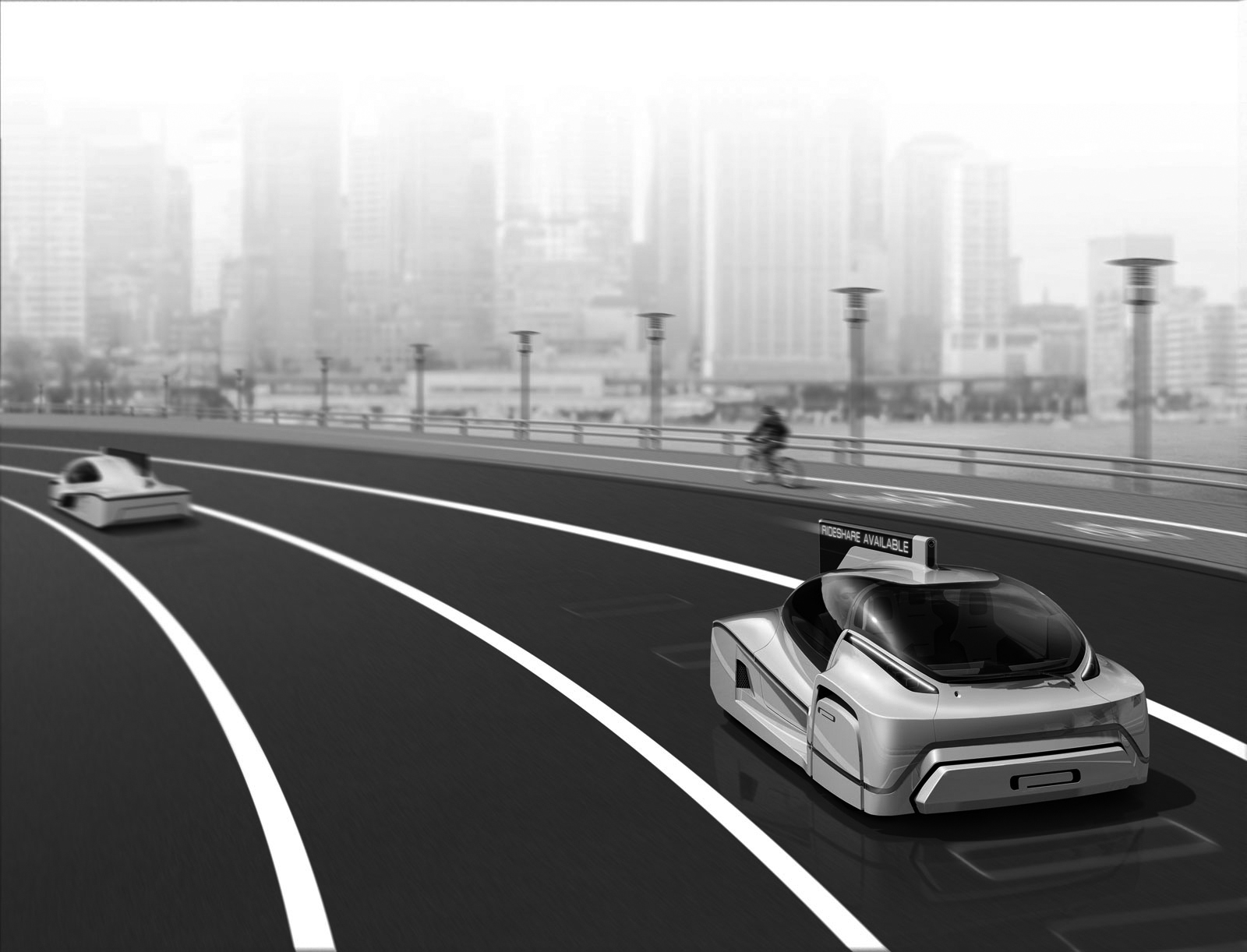I had the pleasure of speaking on The Mobility Revolution at an industry conference filled with 300 internal-combustion-engine developers last week. As usual, I shared a firework of verified facts and projections, legislative decisions and social trends.
While the invitation itself exhibited an openness to a changing world, I also encountered hostility toward my messages and a lot of denial.
I asked the engineers, “If you could invest all your money in a stock that is at best stagnant with little room for improvement, or a stock with enormous potential and a projected annual growth of 25% or more for the foreseeable future, wouldn’t you? Why would you bet on a dying horse if you could divert all your energy and resources into the growth area?”
Even in the most pessimistic scenarios, battery and electric motor technology is certain to eclipse the 130-year-old internal-combustion engine within this decade. In some cases it already has: fleet operators are seeing their TCO calculations fall in favour of electric vehicles more often. The choice will become similarly clear for individuals over the coming 5 years. Over 200 new fully-electric or plug-in hybrid models (including light commercial vehicles) will be arriving into the market, and the more progressive carmakers have already comitted to electrifying their whole range. A new report from Bloomberg New Energy Finance modestly calculates that electric vehicles will be cheaper to buy within 5-6 years – causing a new oil-industry crisis.
Still, there remains denial among engineers (even whole car companies). Developers at the conference told me with great conviction that the internal-combustion engine has a great future because “the air that comes out of the exhaust pipe – after it’s been filtered – is cleaner than the air the engine sucks in for combustion”. I had to smile at this overly optimistic, implicit assumption that the internal-combustion engine should still play a role in urban mobility. Still, I applaud all efforts to make better emissions filtering technology, so I suggested they implement it without the combustion engine. Go ahead: send millions of electric vehicles onto the road with extra particulate filters… cleaning the roadside air of 130 years of combustion-engine damage.
Too much effort is still being placed into optimising the old world. Unless it’s your intent to be marginalized and relegated to what will be a shrinking niche of “fun” or “long-distance commercial” vehicles, I encourage learning from history: building a better 35mm film camera is not the way forward.

